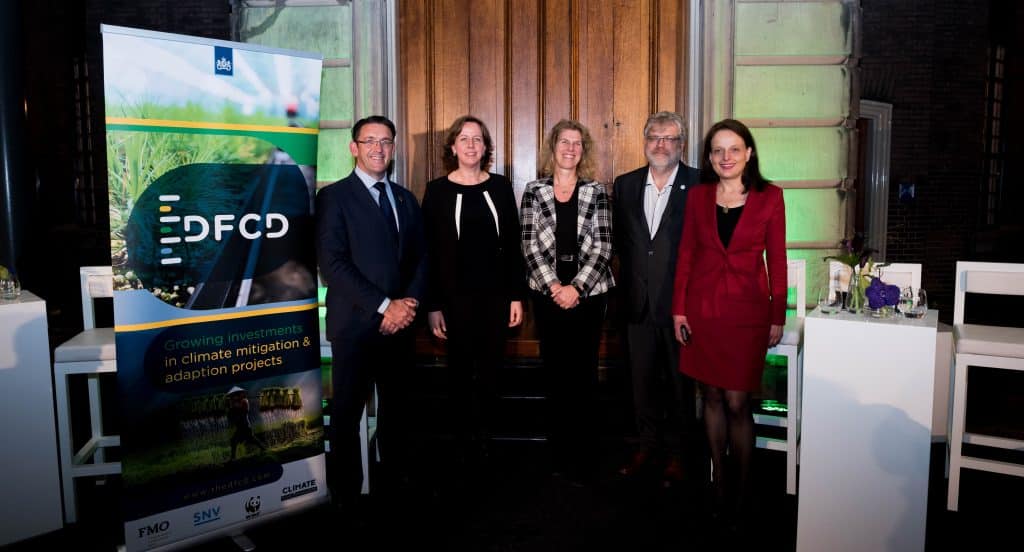On December 2, 2019, the 22nd Meeting of the Board of Directors of the New Development Bank (NDB) was held in Shanghai, China.
The Board approved three projects with loans aggregating to approximately USD 937 million, bringing the NDB’s portfolio to 49 projects with loans aggregating to USD 13.7 billion.
Hubei Huangshi Modern Tram Project
The NDB will provide a loan of RMB 2.76 billion (approx. USD 400 million) to the People’s Republic of China for Huangshi Modern Tram Project. It will address urban transport connectivity problems in Huangshi, a municipality in the southeastern part of Hubei Province, through the construction of a modern tram network with a total length of 27.33 km. The components of the Project include: i) laying of tracks, construction of stations and installation of associated facilities for the tram network; ii) procurement of rolling stock; and (iii) consultancy support for commissioning, preparation of operations and maintenance plan, capacity building and project management.
Manipur Water Supply Project
The NDB will provide a loan of USD 312 million to the Republic of India for Manipur Water Supply Project. It will address serious challenges in clean drinking water supply in Manipur, a small mountainous state in the northeastern region of India, through construction and upgrade of drinking water supply infrastructure. The components of the Project include construction and upgrade of drinking water supply systems in: i) Imphal Planning Area, the capital city of Manipur; ii) additional 25 towns; and iii) 1,731 rural habitations.
Indore Metro Rail Project
The NDB will provide a loan of USD 225 million to the Republic of India for Indore Metro Rail Project. The Project is to implement a metro line of approximately 31 km in the city of Indore. The Project will provide mass rapid transit capacity for the city’s major mobility corridors, thereby contributing to local economic development and an improved urban environment by reducing traffic congestion and pollution.
The Board also approved technical assistance totaling to USD 0.7 million for two projects from India and Russia.
Mizoram Tuirini Small Hydro Project
The NDB will provide technical assistance of USD 300,000 to the Republic of India for Mizoram Tuirini Small Hydro Project. The NDB’s technical assistance will provide consulting services aimed at preparing the Mizoram Tuirini Small Hydro Project. The project envisages construction of a small hydropower plant with an installed capacity of 24 MW in the state of Mizoram, to increase installed power generation capacity of Mizoram.
Krasnodar Cable Car Project
The Bank will provide technical assistance of USD 400,000 to the Russian Federation for Krasnodar Cable Car Project. The NDB’s technical assistance will provide consulting services aimed at preparing the Krasnodar Cable Car Project up to the stage when it can be considered by external financiers to seek approval for its financing. The project envisages the construction of a cable car network to be used as an alternative public transportation modality in Krasnodar city, Russia to relieve traffic congestion.
It is the first time that the NDB Board of Directors approved the provision of technical assistance through the Bank’s Project Preparation Fund (PPF), a multi-donor fund open to contributions by all the Bank’s members. The PPF’s objective is to support preparation of bankable projects to facilitate borrowing member countries to raise funds for such projects from the NDB or other multilateral development banks.
During the Meeting, an update on the NDB project pipeline and status of approved projects was provided to the Board. The Board also discussed matters pertaining to equity investments, funding programme, treasury related matters, membership expansion, review of NDB’s General Strategy: 2017-2021 and development impact of the Bank’s operations.
On December 2, 2019, the 13th Meeting of the Audit, Risk and Compliance Committee (ARC) of the New Development Bank was held in Shanghai. The ARC reviewed Quarterly Audited Financial Statements for the New Development Bank and the Project Preparation Fund of the NDB for the period ended September 30, 2019. The ARC also discussed matters pertaining to risk, internal audit and compliance.
The 8th Meeting of the Budget, Human Resources and Compensation Committee (BHRC) of the New Development Bank was held on December 2, 2019. The Committee considered the Budget Utilisation Report for CY2019 and the Proposed budget for CY2020 as well as the three Year Budget for 2020-2022. The Committee also discussed matter pertaining to recruitment and diversity.
Background Information
The NDB was established by Brazil, Russia, India, China and South Africa to mobilize resources for infrastructure and sustainable development projects in BRICS and other emerging economies and developing countries, complementing the existing efforts of multilateral and regional financial institutions for global growth and development. To fulfill its purpose, the NDB will support public or private projects through loans, guarantees, equity participation and other financial instruments. According to the NDB’s General Strategy, sustainable infrastructure development is at the core of the Bank’s operational strategy for 2017-2021. The NDB received AA+ long-term issuer credit ratings from S&P and Fitch and AAA foreign currency long-term issuer rating from Japan Credit Rating Agency (JCR).

